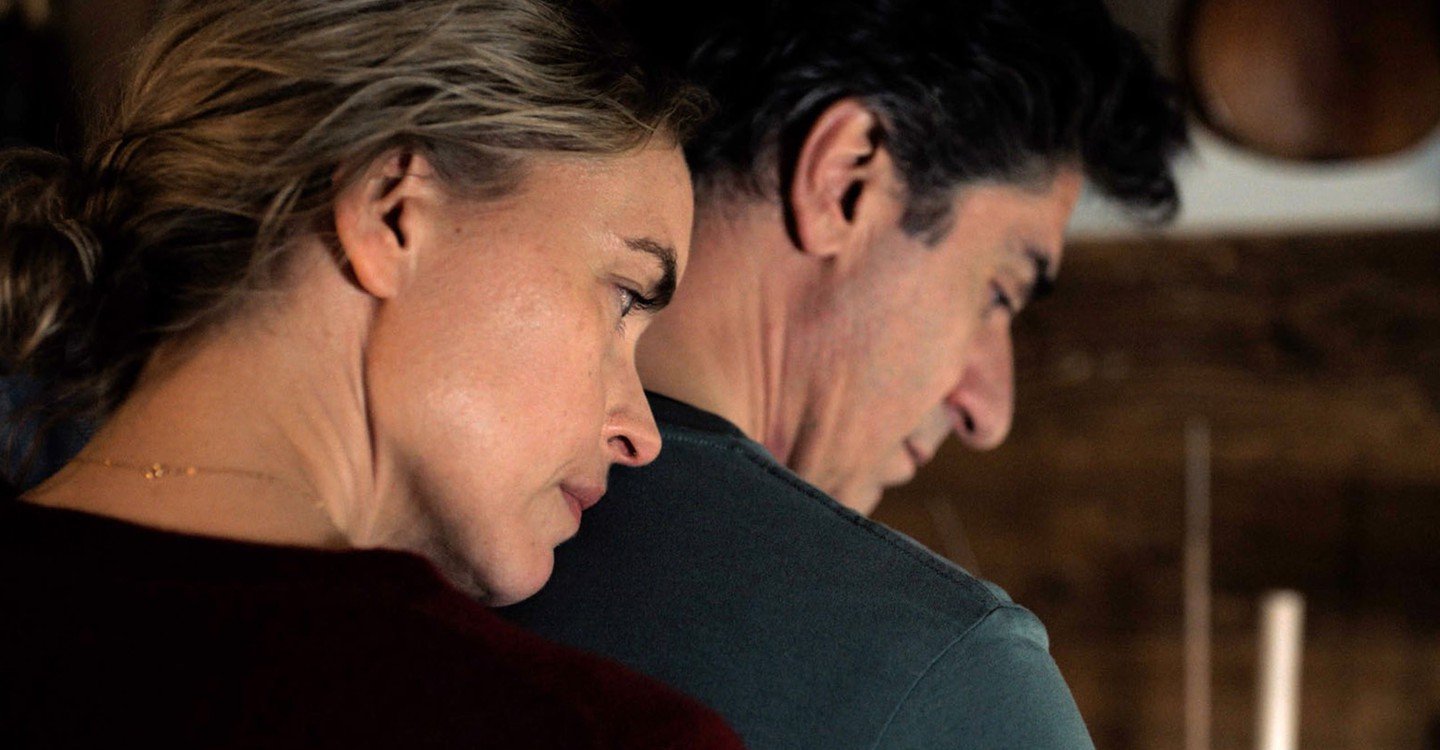The Audition (dir. Ina Weisse, 2019)- Review
In this Easter season, people are quick to forget that perhaps the supreme expression of the Holy Spirit- Bach's St Matthew Passion- was created by a fanatical German who ran a musical sweatshop, where he beat his family so savagely that ink remains splattered over the pages of his canon over two centuries later. The fanatical musician mantle has been usurped in the cultural imagination first by the Asians (with Lang Lang et al), and, more recently, by offerings like Whiplash (2014). The Audition- a potboiler about a repressed violin teacher in a Berlin conservatory- is thus a homecoming of sorts.
The Audition follows Anna Bronsky (Nina Hoss), a deeply neurotic violin teacher at the Berlin Conservatoire, who has fixated on getting her promising student Alexandre (Ilja Monti) to the next level. The physical and emotional extents to which she will stoop- and the echoing impact on her domestic sphere- shape the ensuing drama into a tragedy of classical proportions. Hammed up by the efforts of second-time director Ina Weiss, the film nonetheless carries the convincingly ugly aroma of showbiz; the generational mouldering of hopes and dreams, projected onto a selection of ‘prodigy’ boys, brought - in the music school- into contact with their ugly futures.
The Audition does a beautiful job with the horrendous case of mommy issues which plagued the German intelligentsia, unremarked, well up to the First World War. Each character offers a study in talent, failure, and repression, with the spiralling effects of each force etched richly in a mother, husband, son, and their doppelgangers.
Jung, following in the footsteps of Freud, dug deep into the ‘monstrous feminine’: the mother, or woman, who possesses or incarnates the traits to which their son can only aspire, is a figure of confusion. As the internet put it back in the day: “I can’t tell if I want to be her or have sex with her”. With all the pressures of the modern world- the market forces stirred up in the 80s to whip up the emotionally repressed, number-crunching man at the expense of the weak, emotional, at best power-suited woman- romanticism seemed to fall firmly into the sphere of the domestic. There would be no consequences. Or would there?
Like any narrative from the heyday of German romanticism, The Audition is essentially a story of cucked men who turn their weird, Freudian humiliations into ‘great art’. And, if the viewer can acclimatise to that mindset, it’s a great watch. We get to enjoy the carnage as Anna sinks further and further into a spiral of misogynistic self-doubt, ultimately flinging her bow across the stage with an anxiety hand tremor at the concert organised by her deeply mediocre lover. We get to see her thought process as she realises that her inbuilt insecurities- the forces which stopped her, and thousands of real-life women like her, from making a career as a performer- cannot be overcome; and we get to relish the truly animalistic excesses to which that realisation can take her and her circle.
Personally, at least, some viewers might even be proud, as faced with the best in an array of rubbish choices, Anna takes a truly brutal path towards natural selection. Bach founded a musical dynasty where the sons, inextricably, both nurtured and traumatised each other into eternal glory. The Bachs taught each other to play, and to network with the patrons who would preserve them, and their craft, across the centuries; they also navigated alcoholism, death, violence, and unemployment. Those human nuances often seem to disappear in the celebrations of sublime, godly glory which appear in the works that have made their name. At the end of The Audition, Anna’s son- the progeny of a stunted musical woman and a mediocre Frenchman- takes radical action to reassert himself as the son and heir. And as Anna looks on- after comforting her one-time protege’s distraught mother- some of us can’t help but cheer her.






